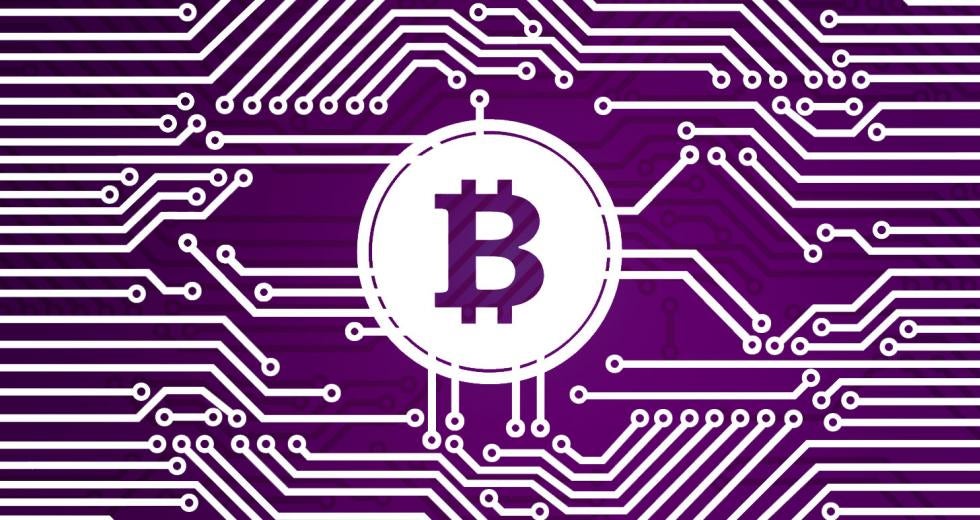The Sacramento Kings have launched a three-point shot in becoming the first NBA basketball team to accept the digital currency bitcoin.
A global monetary system and payment network, bitcoin continues to receive a great deal of buzz and media attention. Known for its processing speed and privacy properties, the system provides an additional payment option for fans and supporters. As an online network, bitcoin allows visitors to make payments via a mobile wallet for tickets, merchandise and concessions. Users scan the QR code attached to their phone’s digital wallet, where bitcoins are held, to make a purchase.
Boosting a unique fan experience is a key objective of any sports franchise: A team’s success is largely predicated not only on the quality of the athletes but on its ability to engage the community. The innovative move by the Kings to accept bitcoin follows a business model known as “NBA 3.0,” which is the brainchild of Kings owner Vivek Ranadivé. This model incorporates technology, globalization and community collaboration to build a successful franchise. Bitcoin will mesh well with the team’s ongoing push to enhance fan engagement.
The Kings’ new $507 million Golden 1 Center is poised to become the crown jewel of wired arenas in the world — with internet connectivity an estimated 17,000 times faster than that of an average home.
“Fans continue to take note of all the technology improvements at Sleep Train Arena and are excited about what’s in store for the Golden 1 Center,” says Ryan Montoya, the Kings’ chief technology officer. “We’re exploring all opportunities, including integration of bitcoin and other digital payments into our entire point-of-sale system.” Currently, fans can use bitcoins in the team store and to buy game tickets.
Related: Kings Create the Future — Now
If bitcoin endures, the long-term opportunities for businesses could be profound. It offers unparalleled identity-theft protection, as personally identifiable information — such as names, billing address or card numbers — are not revealed during a payment transaction. And automatic chargebacks are not permitted, mitigating the potential for fraudulent purchases.
The Kings organization is a highly profitable enterprise. But they’re undoubtedly forking over massive amounts to card processing companies: Credit and debit card transactions extract anywhere between 2 percent to 5 percent, plus 30 cents per swipe. With bitcoin, those fees are under 1 percent. Perhaps one day those savings could be passed onto fans in the form of discounts. As bitcoin aims to gain mainstream acceptance in professional sports, both consumers and the teams they root for could benefit.
“By engaging fans the way they want to interact with us — mobile payments, bitcoin — we’re creating a frictionless environment and able to reach new audiences around the globe,” Montoya says.



